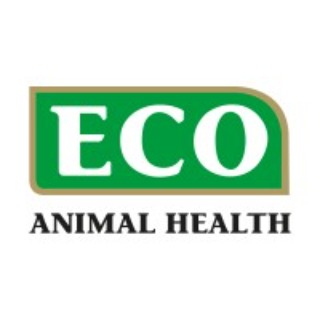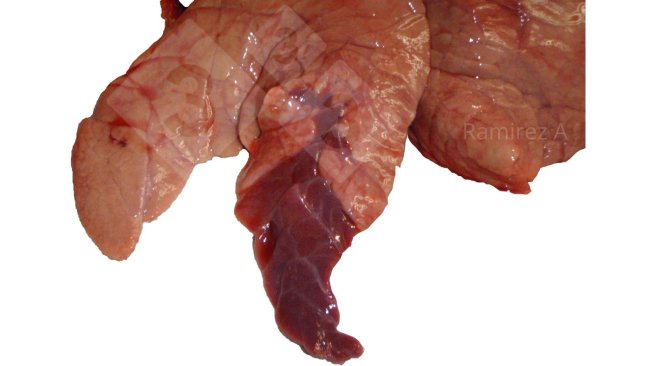
Laboratory diagnostics: Mycoplasma hyopneumoniae
What laboratory diagnostic methods can I use to diagnose M. hyo? Which one should I choose according to the situation? How do I interpret the results?
The pig sector events all around the world
Weekly newsletter with all the pig333.com updates
Swine industry news in your email
Pig health: news and articles on PRRS, PCV2, biosecurity, etc, Pig disease guide, atlas of pathology, clinical cases…
Biocheck.UGent is an independent, risk-based, scientific scoring system for assessing the quality of your on-farm biosecurity.
A visual and practical step-by-step guide on how to perform a necropsy on a pig.
All the information about ASF: how to recognize the disease, how it is transmitted, pictures of lesions, latest news, guides, etc.
All the information on Foot and Mouth Disease in pigs: how to recognize the disease, how it is transmitted, images of lesions, latest news, guides,...
Description of the most important diseases and conditions in pigs
Images of major swine diseases
Pig disease diagnostic tool
Definition for the most commonly used pig terms
Simulator that calculates the amount of drug to add to the water when using a flow dispenser.
Weekly newsletter with all the pig333.com updates
Pig Prices by countries. Pork production and trade. News of the pig market and the raw materials
The latest slaughter pig prices in the most important pig markets. Check the evolution of the historical prices in charts and in several currencies.
Latest quotations for the main commodities used in pig feed. Historical graphs with the pig price and estimated feed price.
Figures & trends in pig numbers, pork production and pork trade.
Global production and trade data for the most important raw materials
Weekly newsletter with all the pig333.com updates
Articles on nutrition and pig feeding, characteristics of raw materials and additives for pig feed. Prices of raw materials
Latest quotations for the main commodities used in pig feed. Historical graphs with the pig price and estimated feed price.
Technical sheets of the main raw materials and additives used in swine feed. They include a comparison of nutritional values from various sources, product
Global production and trade data for the most important raw materials
Definition for the most commonly used pig terms
Use this tool to diagnose problems with the feed conversion ratio. Click on the flowchart or on the buttons within the text to navigate through the different parts of the tool.
A biweekly newsletter with the latest developments in swine nutrition
Articles on genetics and pig reproduction: genetic improvement, genomics, artificial insemination, use of hormones
Compare production data, calculate the number of sow, nursery, and finishing spaces, and visualize your tasks on the work schedule by type of BMS.
Tool that allows you to calculate the replacement rate in your farm
Definition for the most commonly used pig terms
Use this tool to find out why your farrowing rate is less than ideal. Click on the flowchart or on the buttons found within the text to navigate through the different parts of the tool.
Weekly newsletter with all the pig333.com updates
Management, pig farm management, work planning in each production stage: management in gestation, grow finish, batch farrowing
Compare production data, calculate the number of sow, nursery, and finishing spaces, and visualize your tasks on the work schedule by type of BMS.
Tool that allows you to calculate the replacement rate in your farm
Definition for the most commonly used pig terms
Weekly newsletter with all the pig333.com updates
Design of facilities and equipment for pig farms: building design, climate control, feeding systems, etc.
Biocheck.UGent is an independent, risk-based, scientific scoring system for assessing the quality of your on-farm biosecurity.
Environmental Footprint Calculator along the pork value chain.
Definition for the most commonly used pig terms
Simulator that calculates the amount of drug to add to the water when using a flow dispenser.
Use this tool to explore which slurry management strategy best fits your situation. Click on the flow chart or on the buttons within the text to navigate through the different parts of the tool.
Weekly newsletter with all the pig333.com updates
What makes us stand out is the quality and independence of our contents. Find out about the authors who make it possible. Our goal is to generate a virtual community of advanced users in the sector.

Education:
Graduated from Iowa State University in 1989.
Obtained his Doctor of Veterinary Medicine degree (DVM) degree also from Iowa State University in 1993.
Obtained his Master’s in Public Health (MPH) from the University of Iowa in 2004.
Board certified by the American College of Veterinary Preventive Medicine in 2006 (Diplomate ACVPM).
Career to date:
2021-Present – University of Arizona College of Veterinary Medicine - Senior Associate Dean, Academic Programs and Faculty Affairs. Administrative duties as leader and champion for curricular innovation, faculty development, and success. Oversees faculty and faculty recruitment and hiring practices aimed to deliver a diverse, inclusive, innovative, and highly qualified team of educators. Has extensive collaboration with others in developing and implementing a transparent, robust, and engaging process to help guide and ensure the success and advancement of the College’s faculty. Oversees competency-based, learner-centric and -forward curricular development and implementation producing a seamless educational experience for all students. Promote and support the integration of research into the DVM curriculum.
2020-Present – Professor of Veterinary Diagnostics and Animal Production and Associate Dean of the College of Veterinary Medicine at Iowa State University. This position includes teaching, research, professional practice, outreach, and academic and student services administration. He is involved in teaching the veterinary professional curriculum as well as undergraduate and graduate programs. His research focuses on application of diagnostic tools and transmissible diseases including PRRS, Mycoplasma hyopneumoniae, Clostridium spp, MRSA, biosecurity and infectious diseases important to public health.
2007-2020 – Professor in Veterinary Diagnostic and Production Animal Medicine Sine Group. His appointment involves teaching, research, professional practice, and outreach. He is involved in teaching in the veterinary professional curriculum as well as undergraduate and graduate programs. Research interests include infectious disease transmission including PRRS and Mycoplasma hyopneumoniae, Clostridium spp, Methicillin Resistant Staph Aureus (MRSA), biosecurity, as well as infectious diseases of public health significance.
2004-2007 – Veterinary Specialist for Iowa State University. Worked both with the Center for Food Security and Public health and the Veterinary Diagnostic Production Animal Medicine Department. Focused on teaching and professional practice and outreach. Focused in swine production medicine, infectious disease transmission, biosecurity and infectious diseases of public health significance.
1993-2004 – Was in private practice with Valley Veterinary Center. Six veterinarian mixed animal practice in Cherokee, Iowa. Duties included traditional ambulatory large animal practice as well as management services for swine confinement operations for our clients. The practice clientele consisted of about 50% swine, 30% beef including both feedlot and cow-calf, 15% small animal, and 5% equine & other. Last few years, he was primarily involved in the swine production management for their clients as well as the business management of the clinic. He managed the clinic’s record management bureau (PigCHAMP® and CowCalf5®) and its staff. He was also in charge of running the clinics books, finances, personnel matters, as well as many of the legal business matters of the clinic. Regarding the management services for their clients, he was the business and employee manager for several different operations making routine herd visits to the farms to ensure proper production processes were being followed.
Professional Affiliations:
American Veterinary Medical Association (AVMA)
American Association of Bovine Practitioners (AABP)
American Association of Swine Veterinarians (AASV)
Judge for the Student Seminar Presentations (2006 – 2007)
Co-Chair for Student Seminar Presentations (2007)
Chair for Student Seminar Presentations (2008 – Current)
Member of Collegiate Activities Committee (2007 – Current)
Member of Foreign Animal Disease Committee (2008 – Current)
Iowa Veterinary Medical Association (IVMA)
American College of Veterinary Preventive Medicine (ACVPM)
Ad Hoc Committee on ACVPM Board Preparation (2007 – 2008)
Iowa Pork Producers Association (IPPA)
Swine Health/Animal Well Being Committee (2007 – Current)
National Pork Board (NPB)
Producer Safety and Public Health Subcommittee (2007 – Current)
Grant Reviewer for Swine Health proposal (2007 – Current)
Grant Reviewer for Public Health proposals (2008 – Current)
Updated CV 16-Nov-2021

What laboratory diagnostic methods can I use to diagnose M. hyo? Which one should I choose according to the situation? How do I interpret the results?

What laboratory diagnostic methods can I use to diagnose African swine fever? Which one should I choose according to the situation? How do I interpret the results?

What laboratory diagnostic methods can I use to diagnose erysipelas? Which one should I choose according to the situation? How do I interpret the results?

What laboratory diagnostic methods can I use to diagnose Aujeszky’s disease? Which one should I choose according to the situation? How do I interpret the results?

What laboratory diagnostic methods can I use to diagnose Streptococcus suis? Which one should I choose according to the situation? How do I interpret the results?

What laboratory diagnostic methods can I use to diagnose ileitis? Which one should I choose according to the situation? How do I interpret the results?

What laboratory diagnostic methods can I use to diagnose Edema disease? Which one should I choose according to the situation? How do I interpret the results?

What laboratory diagnostic methods can I use to diagnose E. coli? Which one should I choose according to the situation? How do I interpret the results?

What laboratory diagnostic methods can I use to diagnose PRRS? Which one should I choose according to the situation? How do I interpret the results?
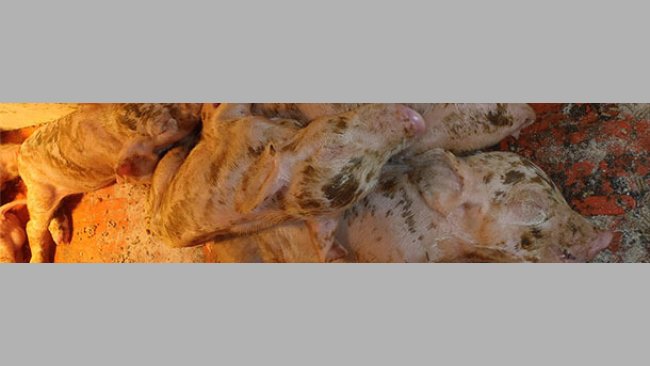
How much has disease changed from its first introduction? Currently, we can find a new variant that appears to be a much milder form of PEDv, there are sow herds with chronic PEDv ( ~10% of breeding herds), a few sow herds with re-breaks (~ 3-5% of herds), ….
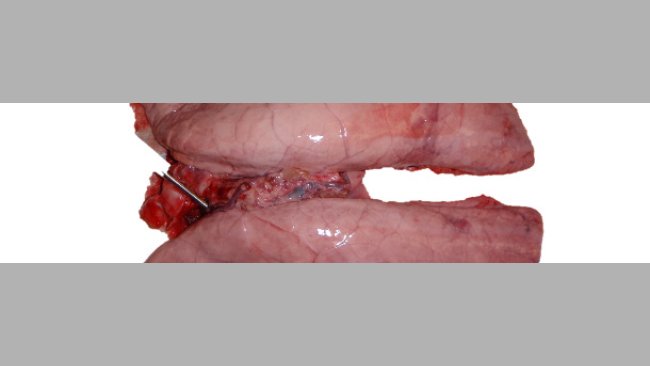
Today, nearly all genetic suppliers of replacement breeding stock in North America are free of M.hyo.

How do we determine clinical significance? One way is to evaluate how many individuals need to be treated in order to obtain one more favorable outcome. This is the concept behind Number Needed to Treat (NNT).
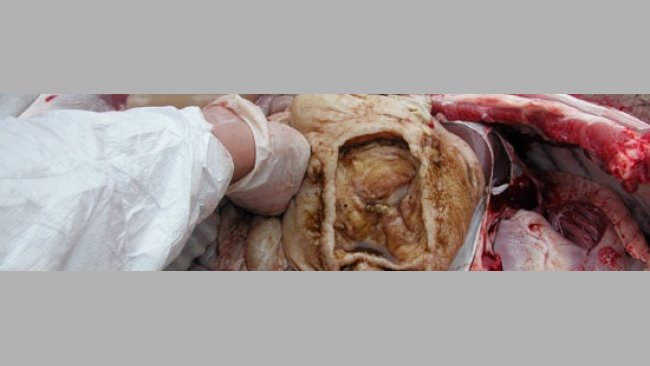
Patterns of association are quite helpful in helping focus resources whether that is time, money, or any intervention we are seeking to implement.
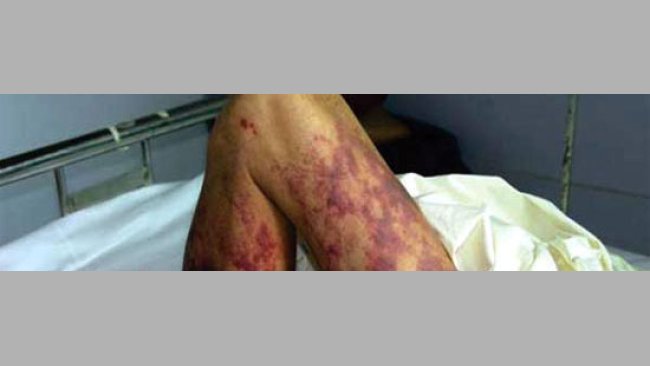
Currently, the human risk factors associated with S. suis infection are: 1) Eating raw/undercooked pork meat, 2) Being a farm worker with hog contact or 3) Butchers. To date, there is no evidence of human-to-human transmission of S. suis.
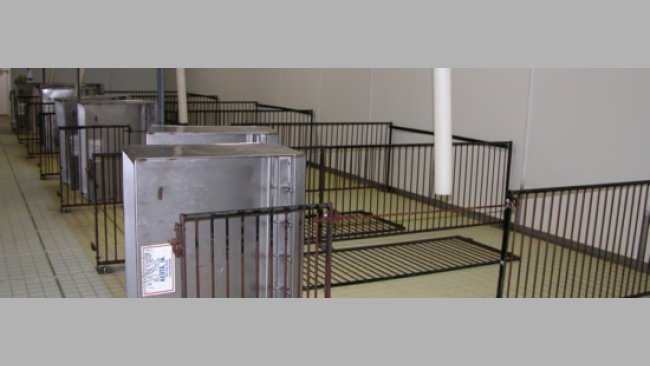
Welcome to 333
Connect, share, and interact with the largest community of professionals in the swine industry.
Celebrating 199936Users on 333!
Sign upAlready a member?



